About Publications Library Archives
heritagepost.org

Preserving Revolutionary & Civil War History

Preserving Revolutionary & Civil War History
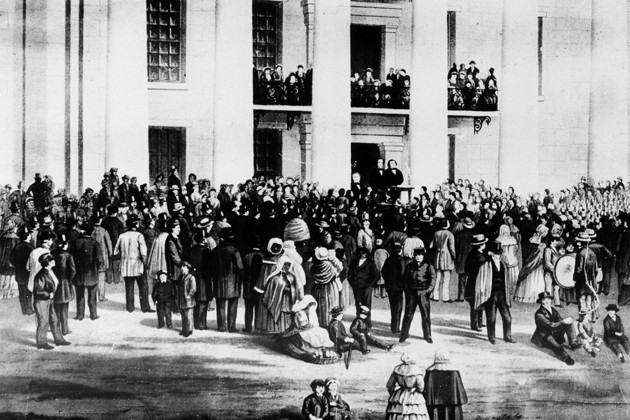
On this day in 1861, a telegram arrived at Brierfield, Jefferson Davis’ Mississippi plantation, informing him that on the previous day, breakaway delegates meeting in Montgomery, Ala., had chosen him…
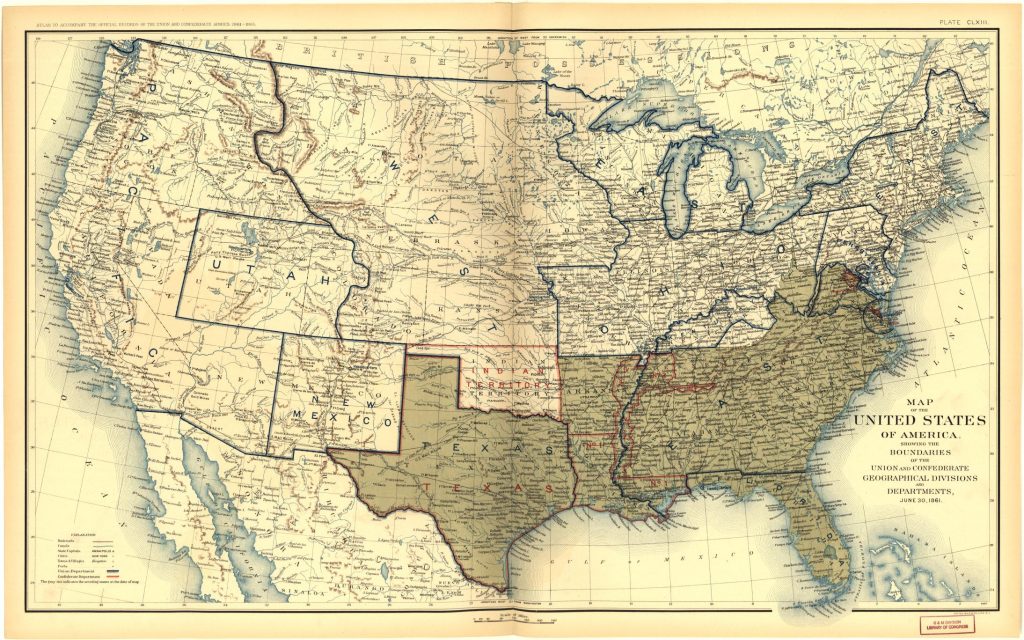
The Confederate Army had difficulty throughout the war in supplying its field officers with adequate maps.
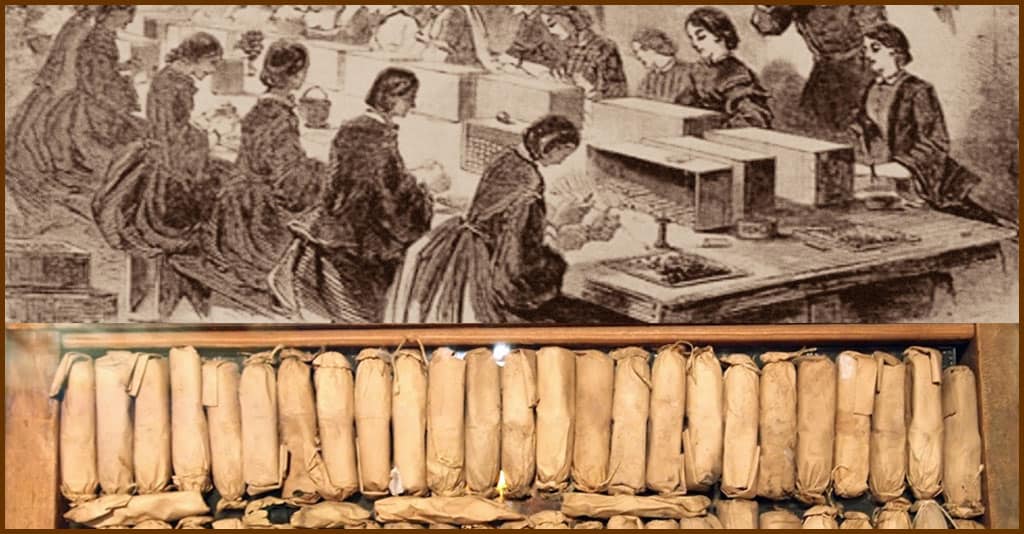
In the early afternoon on September 17, 1862, just about 200 miles from where the Battle of Antietam was taking place, another Civil War-era tragedy occurs: Three explosions rip through…
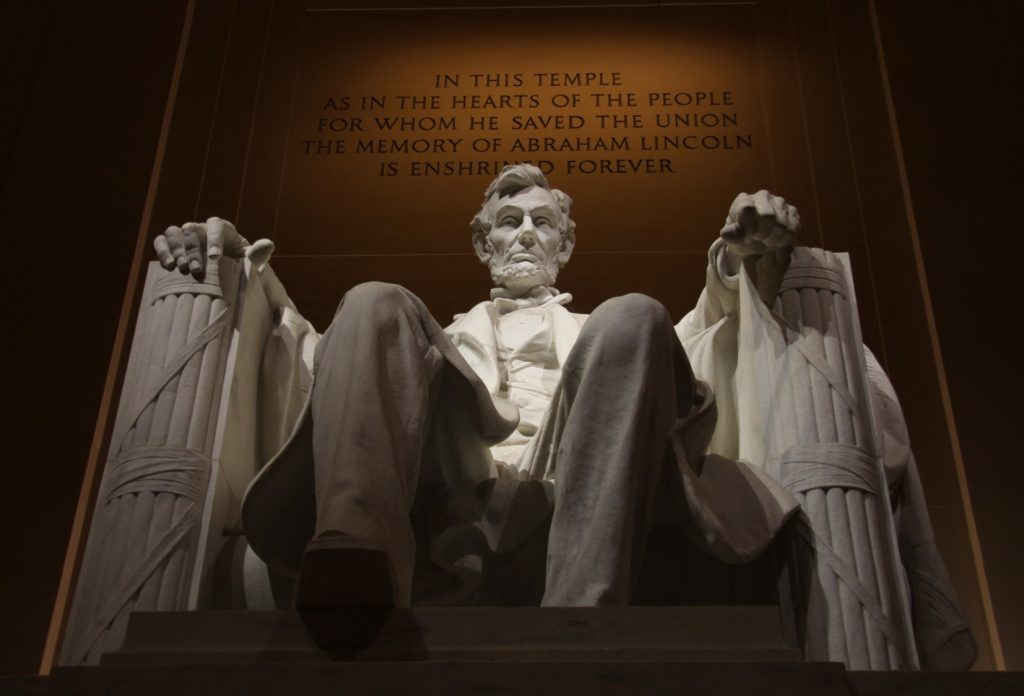
Abraham Lincoln still resonates with people throughout the world who call upon him for words of wisdom during times of conflict. His poetic prose dedicated to the principle of democracy…
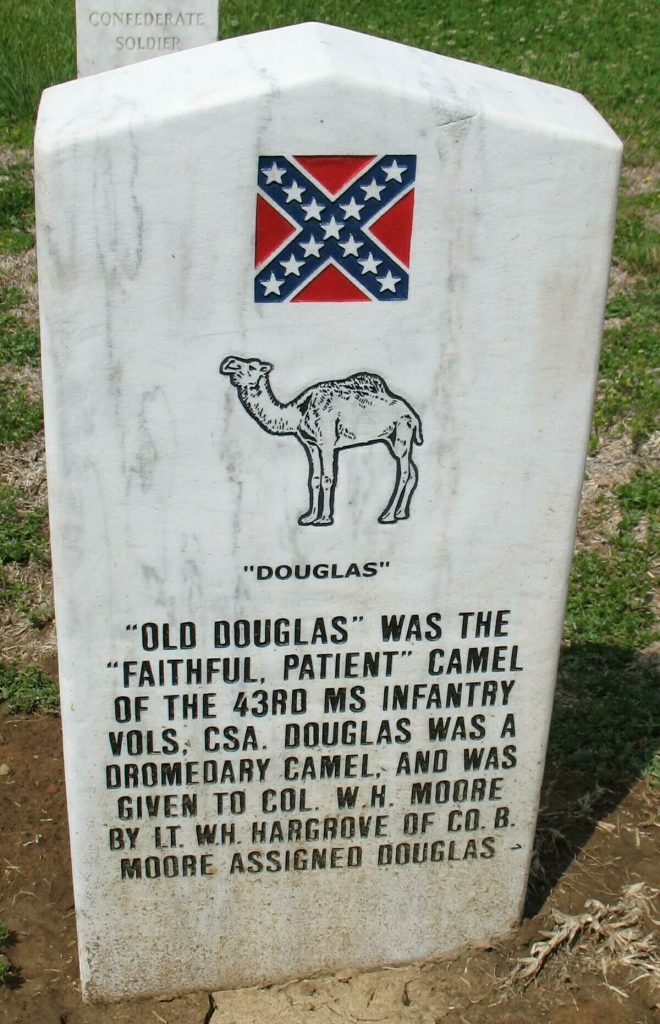
Among the 5,000 grave markers for Confederate soldiers in the Soldier’s Rest section of Cedar Hill Cemetery in Vicksburg, Mississippi, one pays tribute to Old Douglas, the camel of the…
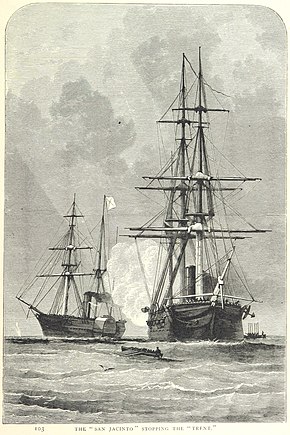
John Slidell In accordance with the authority conferred by this Congress, the Confederate President appointed John Slidell and James M. Mason diplomatic agents in October 1861, with the power to…
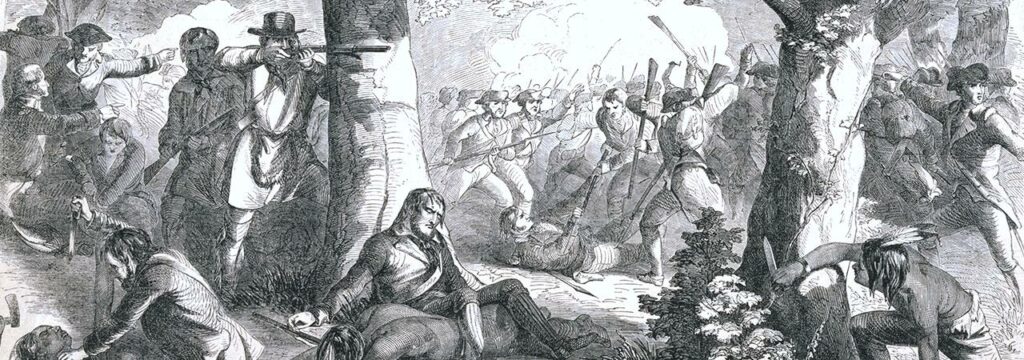
The fight was for the continent. The strategy embraced the lines from Boston to the mouth of the Chesapeake, from Montreal even to Charleston. Montgomery’s invasion of Canada, although St….
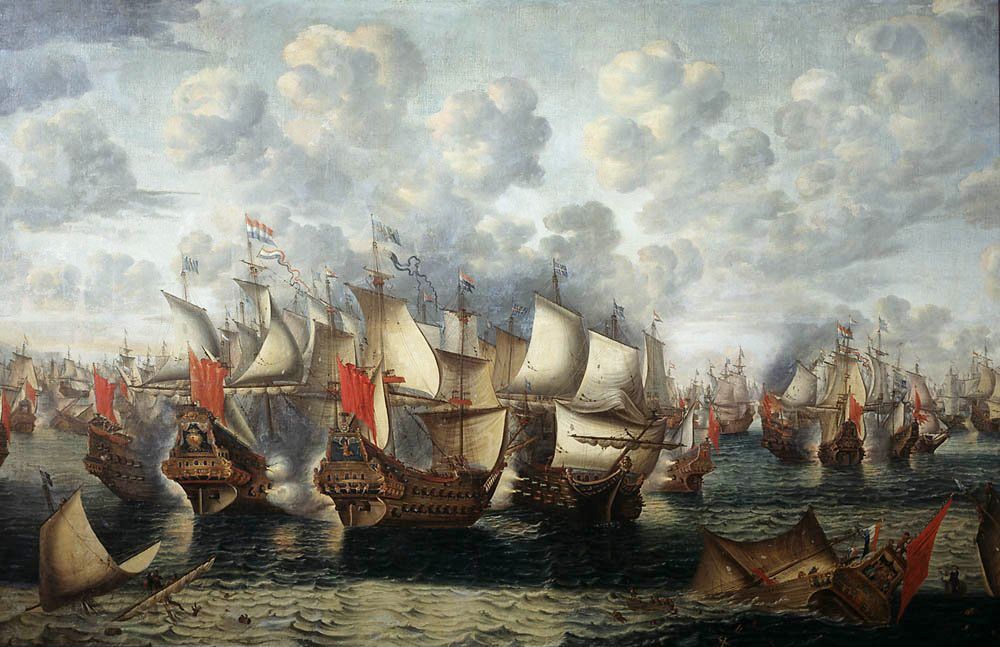
General George Washington had, early in his chieftaincy, urged upon the Congress the necessity of the establishment of a permanent army, and with prophetic words had predicted the very evils…
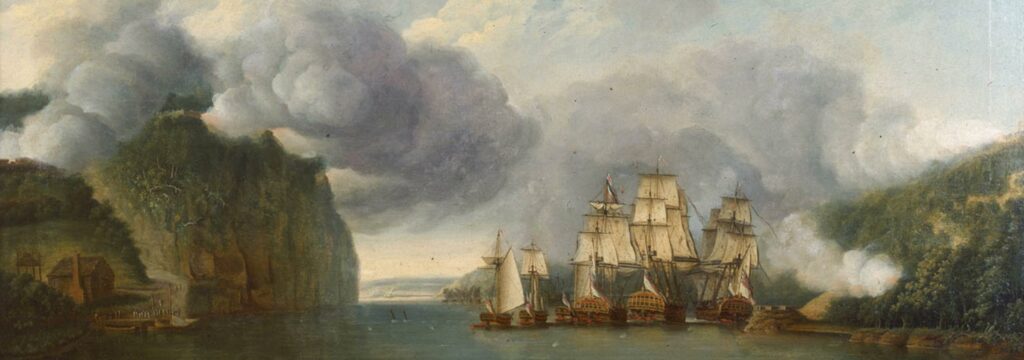
Heavy rains spoiled Maj. Gen, William Howe’s planned second attack on the American army near White Plains on October 31. The next day the Americans were found to be apparently…